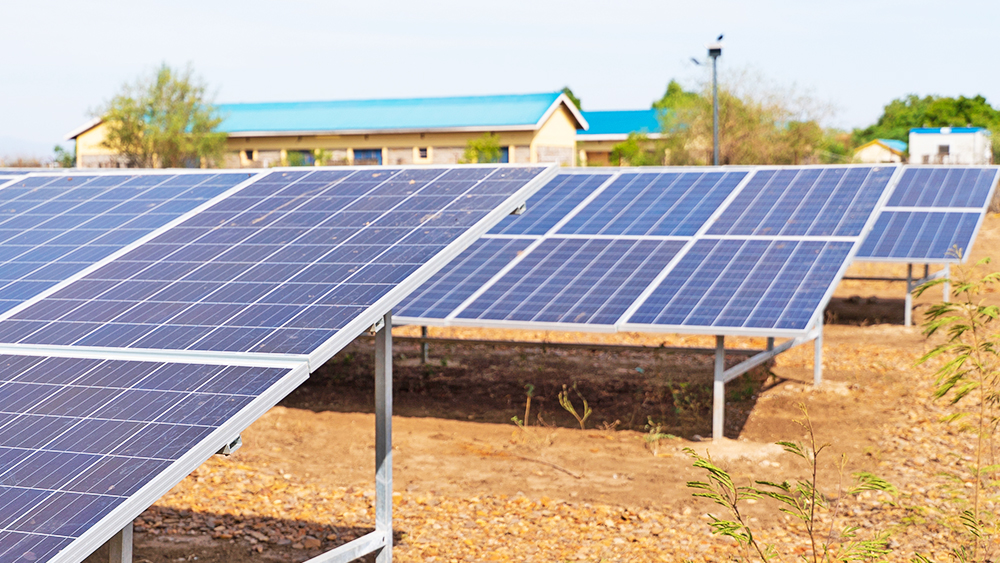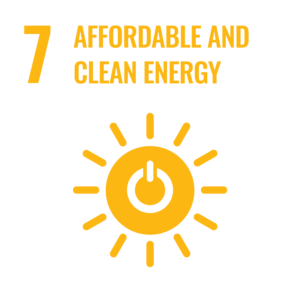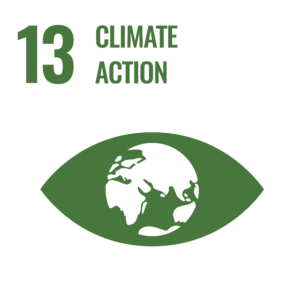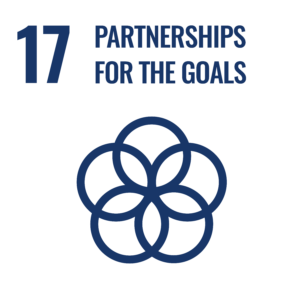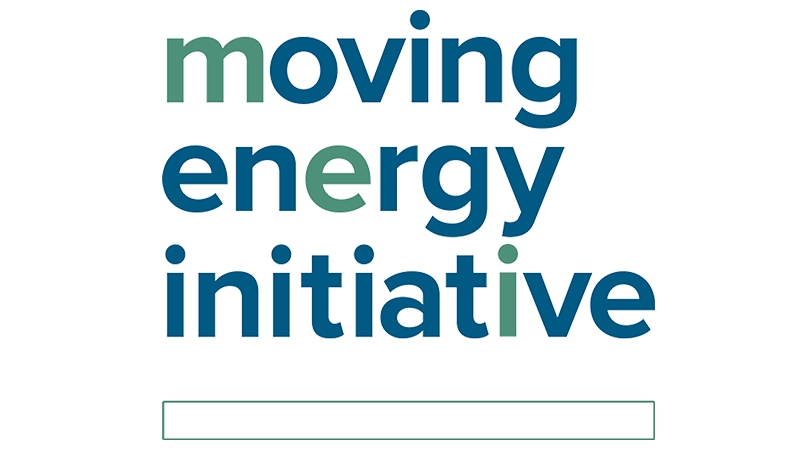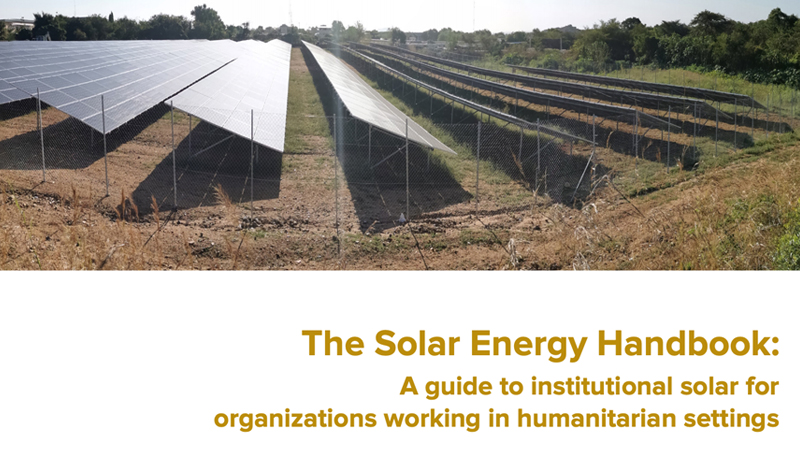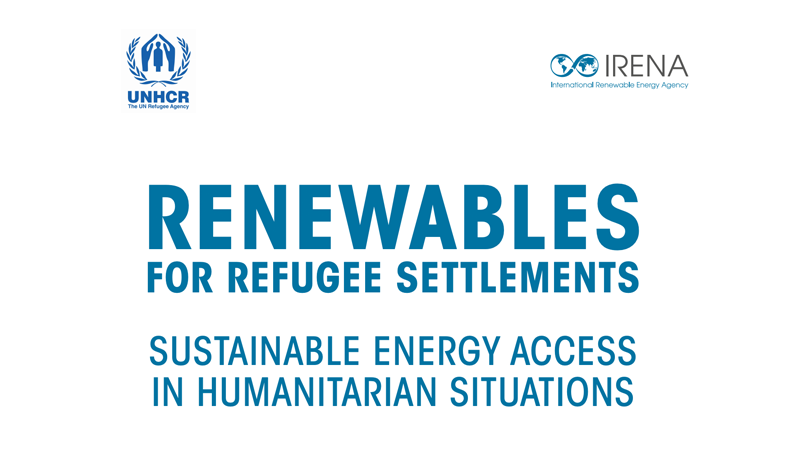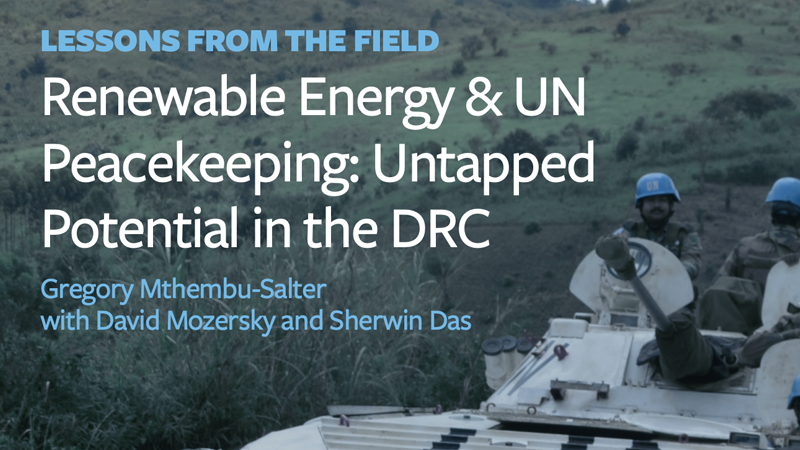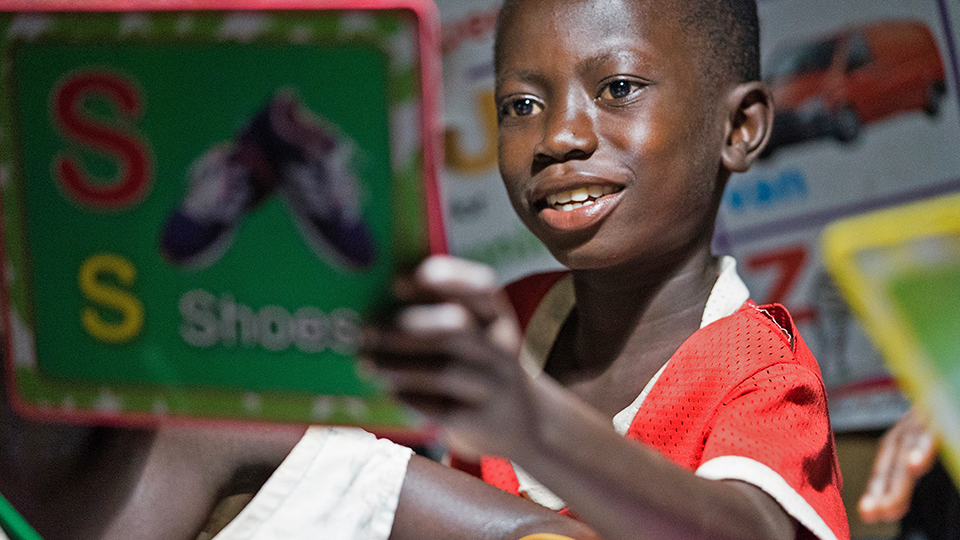Power in your hands with Bright Products
how can humanitarian organisations benefit from transitioning to solar?
Transitioning to solar energy is very friendly to the environment, cost-effective in the long-run and helps to mitigate against climate change.
Hesbon Omwa
Field Officer: Business mentoring, Energy 4 Impact
International organizations operating in humanitarian contexts rely on stable electricity to run efficient operations.
Often located In areas with no grid electricity, they use diesel generators to power their offices, and staff housing, which can be costly to run and maintain, polluting and vulnerable to instability with dependence on regular diesel fuel supplies.
Most organizations can reduce up to 80% of carbon emissions by transitioning to solar and have the potential to save 30% on energy costs during the 17 years the average humanitarian operation stays in places like South Sudan and Somalia.
These savings can be invested in providing higher quality services and the solar power infrastructure can be extended to create clean energy infrastructures in local communities.
This means a steady energy supply, less noise and pollution to local communities and businesses, and mitigates climate change which is a key cause of displaced populations.

But transitioning to solar can involve complex management processes and technical skills to operate the system that many organizations don’t have in-house.
Kube Energy is a Norwegian renewable energy services company with offices in Oslo, Nairobi, Geneva and Juba, providing clean, reliable and affordable energy in hard-to-reach and fragile areas.
Increased access to these services through financing solutions, removes limiting financial and technical constraints and helps organizations see cost savings from day one.
Additionally, projects in fragile areas become more economically viable for private sector investors by Kube creating new energy infrastructures in hard-to-reach areas.
It is imperative that African countries should also have clear strategies on how to address environmental degradation and be part of the solution.
Hesbon Omwa
Field Officer: Business mentoring, Energy 4 Impact
